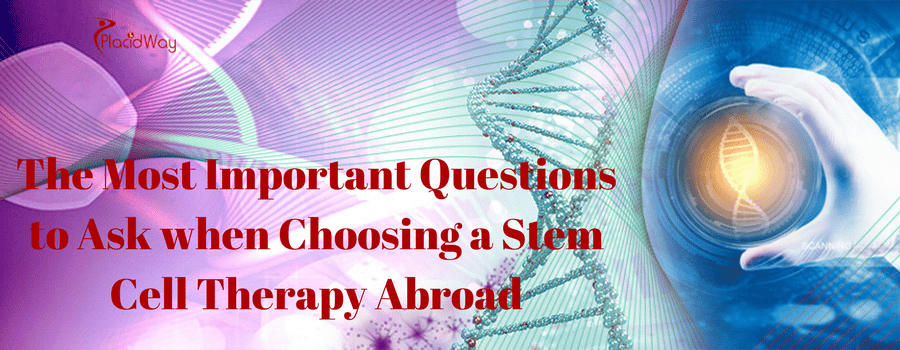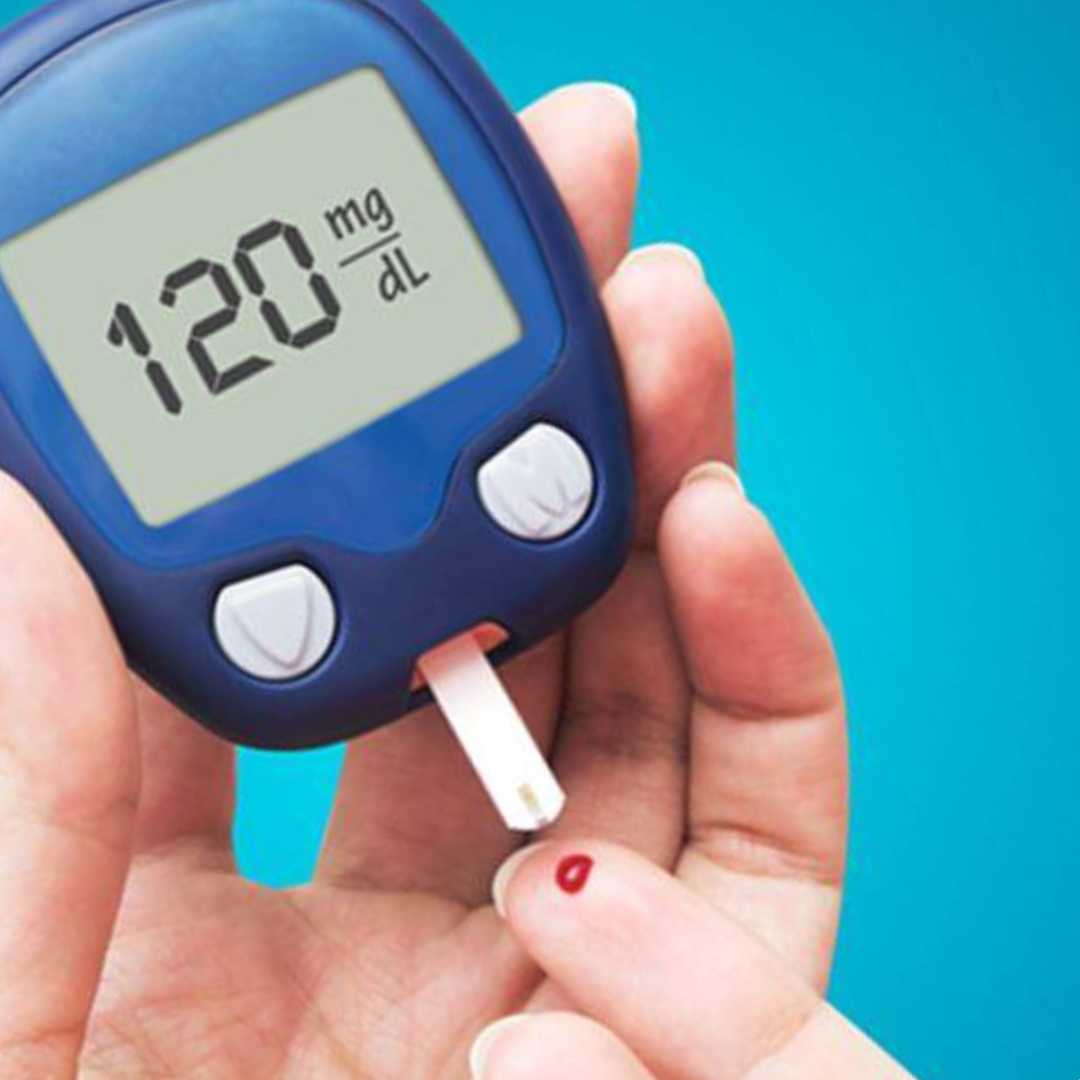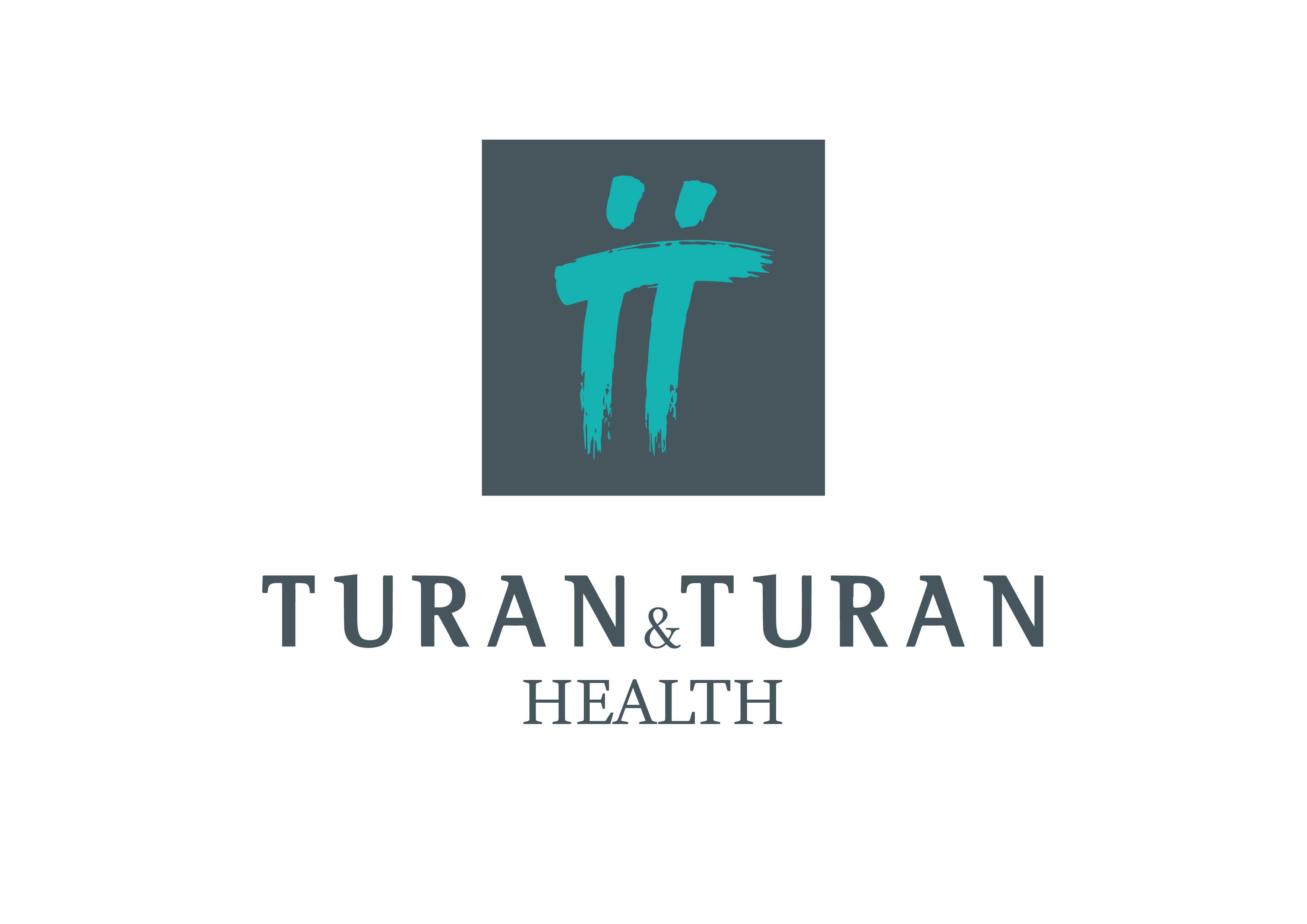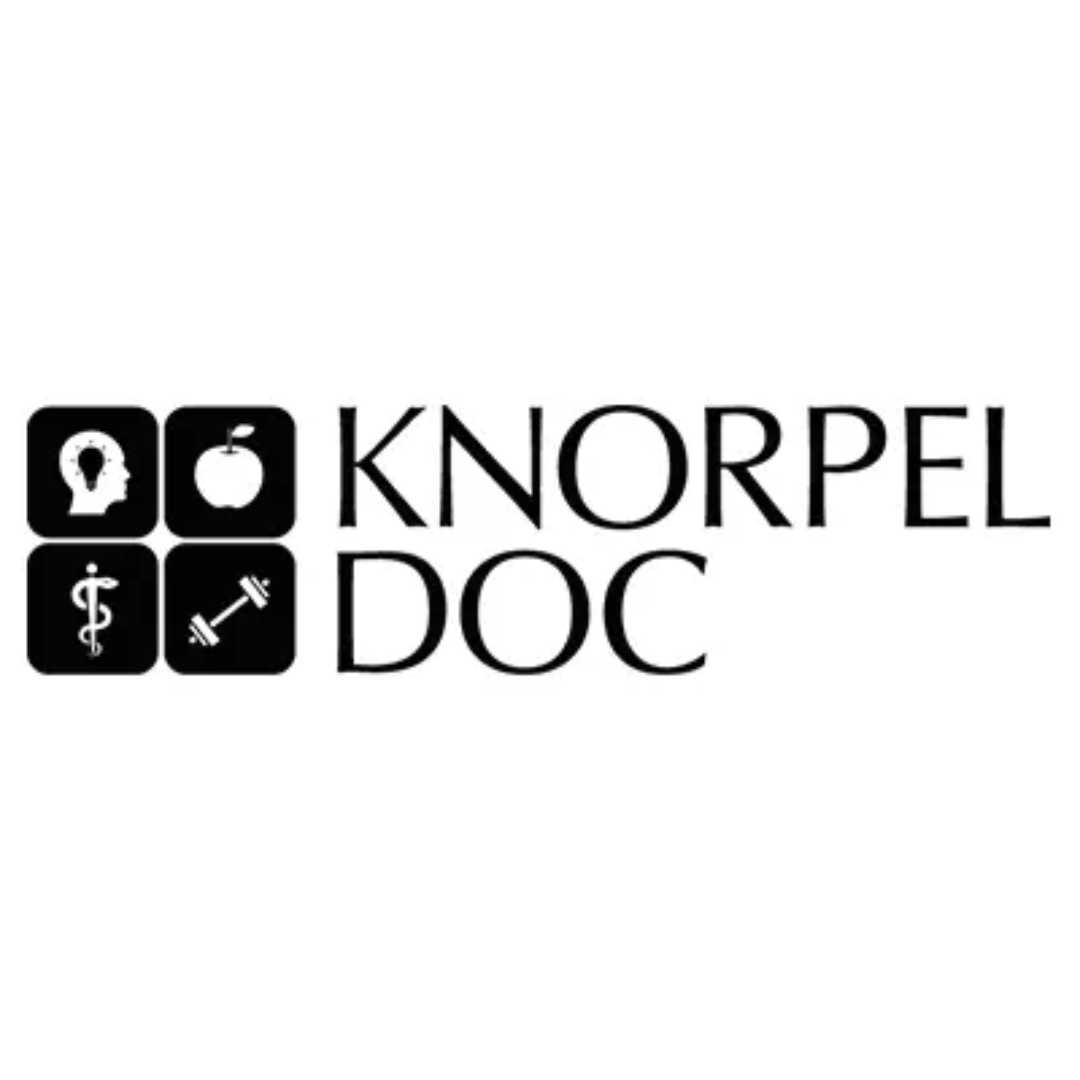
Stem cell therapy has revolutionized the field of medicine, holding immense promise for the treatment of numerous diseases and injuries. While the United States has been a pioneer in biomedical research and clinical trials, several countries worldwide have made remarkable strides in the realm of stem cell therapy. This article focuses on the countries outside the United States that offer cutting-edge stem cell treatments, highlighting their innovative approaches, regulatory frameworks, and noteworthy achievements. By examining the advancements made in these countries, we shed light on the global landscape of stem cell therapy and its potential to transform the future of healthcare.
Top 6 Countries Offering Stem Cell Therapy Outside the United States
Mexico, India, Germany, Austria, Romania, and the UAE are among the top six countries offering cutting-edge stem cell therapy outside the United States, providing innovative treatments for various medical conditions. For individuals seeking groundbreaking stem cell therapies. Together, they offer a diverse range of treatments for conditions ranging from degenerative diseases and orthopedic injuries to neurological disorders and autoimmune conditions, providing patients with renewed hope and the potential for transformative medical outcomes.
1. Mexico
Mexico has emerged as a popular destination for stem cell therapy due to its progressive regulatory environment and advanced medical infrastructure. The country boasts a wide range of clinics and research centers offering innovative stem cell treatments for various conditions. Mexican clinics often specialize in regenerative therapies for degenerative diseases, orthopedic injuries, and autoimmune disorders. With a strong focus on patient safety and ethical practices, Mexico has attracted patients from around the world seeking alternative options for treatment.
2. India
India has rapidly gained recognition as a leading hub for stem cell therapy, combining advanced medical expertise with cost-effective treatments. The country has a vast network of specialized clinics and research institutions that offer a diverse range of stem cell therapies, including those for spinal cord injuries, neurodegenerative disorders, and hematological conditions. With a robust regulatory framework in place, India has established itself as an attractive destination for patients seeking cutting-edge stem cell treatments at competitive prices.
3. Germany
Germany is renowned for its excellence in medical research and healthcare standards, making it an ideal destination for stem cell therapy. The country has a well-established infrastructure for regenerative medicine and is home to renowned clinics and academic institutions dedicated to advancing the field. German clinics often focus on personalized stem cell treatments for conditions such as cardiovascular diseases, neurological disorders, and musculoskeletal injuries. The emphasis on scientific rigor and stringent regulations ensures the highest level of quality and safety in stem cell therapies.
4. Austria
Austria has emerged as a prominent player in the field of stem cell therapy, with a focus on regenerative treatments for a wide range of medical conditions. The country's clinics and research centers utilize state-of-the-art technologies and adhere to stringent regulatory standards. Austrian expertise lies in areas such as orthopedics, ophthalmology, and dermatology, offering innovative stem cell treatments for joint problems, ocular disorders, and wound healing. With a reputation for delivering exceptional patient care, Austria has attracted individuals seeking groundbreaking stem cell therapies.
5. Romania
Romania has made significant strides in the field of stem cell therapy, providing advanced treatments to patients seeking alternatives to traditional medical interventions. The country's clinics offer a comprehensive range of regenerative therapies for conditions such as arthritis, neurological disorders, and autoimmune diseases. Romanian medical professionals and researchers collaborate closely to explore the potential of stem cells in various areas of medicine, ensuring that patients receive the latest advancements in treatment options.
6. United Arab Emirates
The United Arab Emirates has rapidly become a prominent destination for stem cell therapy, driven by its commitment to cutting-edge healthcare technologies and state-of-the-art medical facilities. The country's clinics specialize in a wide array of regenerative treatments, including stem cell therapies for orthopedic injuries, cardiovascular conditions, and cosmetic applications. The UAE's stringent regulatory framework ensures the safety and efficacy of stem cell therapies, attracting patients from around the world who seek innovative treatment options in a luxurious healthcare setting.
Each of these countries offers unique strengths and advancements in the field of stem cell therapy, providing patients with diverse options and renewed hope for improved health outcomes.
The Most Important Questions to Ask when Choosing a Stem Cell Therapy Abroad
Stem cell treatments are touted as the new “wonder-treatments” in the medical world right now. While there are many applications, especially for those “no-hope” conditions and diseases, many clinics are riding on this stem cell reputation to increase their profits, while not providing anything of value in return. Stem cell therapies are not available everywhere, so it is high chance that you will have to travel in order to find the best one, both in terms of quality and in terms of price. Before deciding on a foreign clinic, though, you have to ask the following questions so that you can make the right decision.
1. How much experience do you have with stem cells?
Experience is the most important category for any physician doing any kind of treatment. The reason for this is quite simple – the more times a physician has done a certain treatment, the more chances they have had to see how it works, what happens when it is applied, what conditions cause side effects and how can those side effects be nullified or treated. So, if someone is new to stem cell therapies, you should probably move on and choose another place to do your treatment, or at least ask whether there is another physician at the clinic who is more experienced to do the procedure.
2. Is this therapy a clinical trial?
Stem cell treatments are still not fully tested anywhere in the world and stem cell use is still considered to be experimental medicine throughout the globe. This does not mean that these treatments are not safe; however, it does mean that you should look for a doctor who is skilled in applying these treatments and who has credentials in his field to back that up. A lot of specialists in various fields have turned towards stem cell application to treat the related diseases, you just have to find one who is experienced and knowledgeable about these kinds of treatments.
3. What is the source of the stem cells you will use?
Stem cells can be obtained from a few different sources. Firstly, they could come from your own body or from a donor. In most cases, it is preferable for them to come from your own body, as it minimizes the risk of them being rejected, however, sometimes that is just not possible, due to external factors. If they come from your body, they can come from two different sources – adipose (fat) and bone marrow. A good stem cell clinic should have the possibility to harvest both, as one type is more successful for some conditions, while the other is for different ones. Do some research and see which stem cell type would be more useful for your condition and see whether the clinic harvests the cells from that point.
4. What is the physician’s specialty?
What the physician specialized in in medical school is what defines him as a medical doctor. This is the field of medicine that he has been in his whole career. When it comes to stem cells, there is no specialization especially for those, but, as it is applied in many fields, you should check whether the doctor that will be treating you is specialized in the field you need treatment for. If you have cancer, then go for oncologists, if you have problems with knees or other joints, go to an orthopedist. You can always check whether they are familiar with stem cells by checking whether they have done these procedures before and whether they attend conferences and symposia on the subject.
5. What is the harvesting technique used?
The technique in which the cells are harvested from your body is critical to the success of the treatment. When harvesting adipose tissue, this is usually done through liposuction. When harvesting bone marrow, it is done through bone marrow aspiration. When doing this, the physician should have image guidance and he should harvest from multiple spots in the bone, as this helps maximize the number of stem cells harvested.
6. Is the treatment done in the hospital or is it an outpatient treatment?
Depending on the clinic, the doctor and the type of treatment that you are receiving, the treatment can either have you stay in hospital for the recovery or recover at home. Usually, it is the latter; you will recover from home, with doctor guidance. When travelling, this is important as it will lessen the costs required for staying in another country. If it is planned for you to stay in the hospital, make sure that the cost is calculated in the package.
7. What is the procedure for after the treatment?
Are there any follow-up check-ups? Is anybody going to pay any attention to you after you have done the treatment? Since you are travelling, you should be able to stay in contact with the physician who has done the procedure via the internet or by phone. The doctor should answer all your questions and monitor the progress, as stem cell treatments need a month or two to produce significant results.
8. Are there any possible side effects?
Only the clinics which are trying to swindle you will tell you that there are no possible side effects to stem cell treatments. If rejected, stem cells can cause the body to attack itself, or even worse, they can turn into cancer, among other things. However, these things rarely happen, but you should be warned in advance, nevertheless. Aside from these very serious issues, some common side effects may include flu-like symptoms, nausea or fatigue, although these can be subdued.
9. How long before I start seeing the effects of the treatment?
Depending on the type of treatment you need, it will take a while for the treatment to start to have effect on your body. Usually, it takes between a month and two for the treatment to start working. If a clinic is promising that you will be better instantly or in a manner of a few days, stay away from them as they are clearly selling some “miracle drug”.
10. How much will the treatment cost?
Lastly, you need to know how much it will all cost. Since you will be travelling, you have to know exactly how much money you will need. Check the cost of the package, of course, but also very carefully check what is included and what is not included in the said package. Some clinics, for example, list stem cell application as optional, in which case the package costs more if the cells are actually applied. This is because the clinic has to check first whether you are eligible to receive them and the primary cost of the package is actually the tests required to check whether you can receive the cells. Also, take into account the costs of transportation, stay, and other non-medical costs, as these probably won’t be covered by the package.
When choosing to go abroad for a stem cell treatment (or any other treatment for that matter) you have to know as much as possible about it and ask the right questions for a stem cell therapy. This will help you choose the right treatment and also help you feel secure in another country, with unknown physicians, and in an unknown clinic. They will also help you make an informed decision about the right treatment for you.
If you wish to book a stem cell treatment abroad or need our help finding and/or deciding on a package, feel free to contact us!
















Share this listing